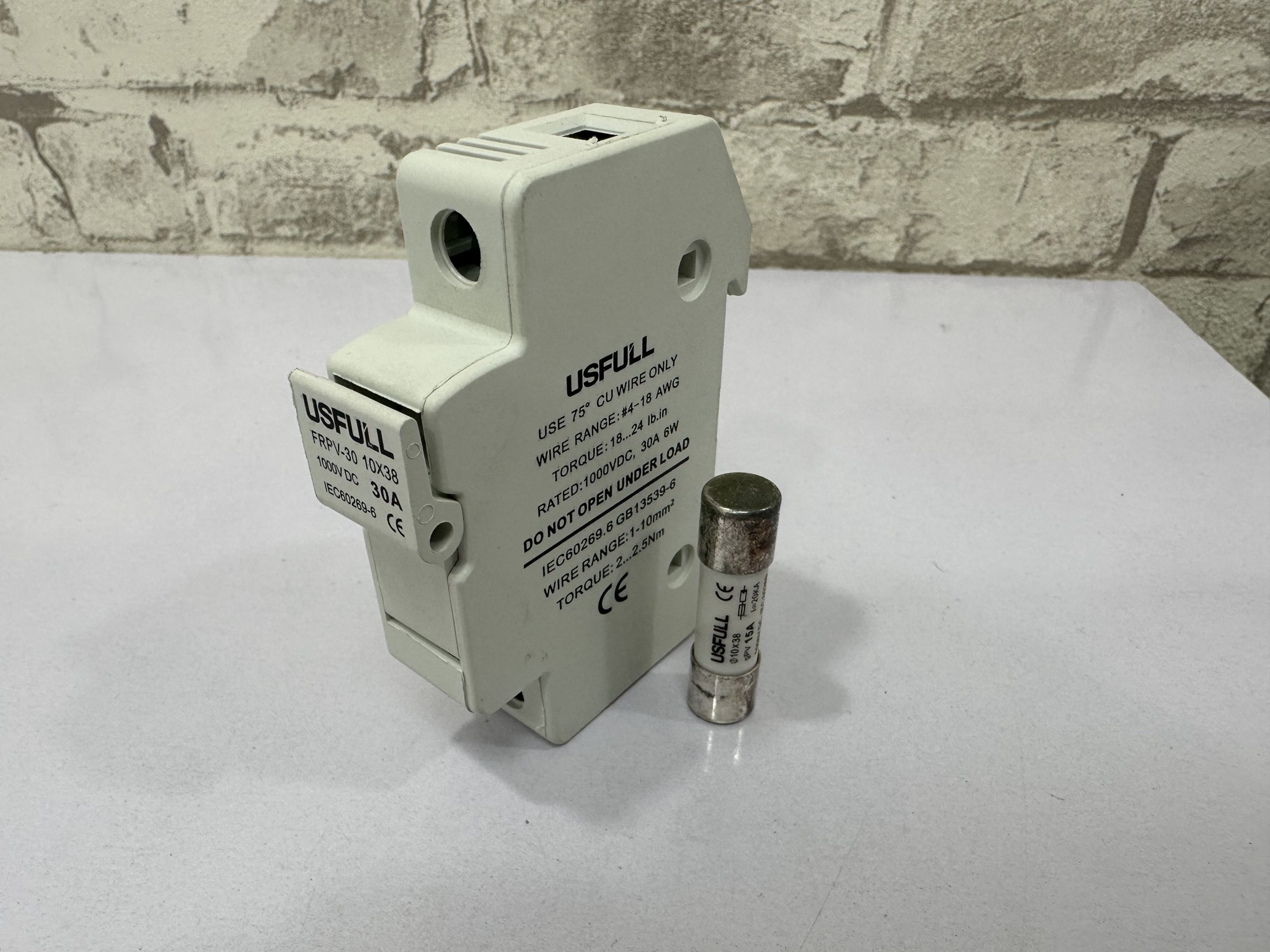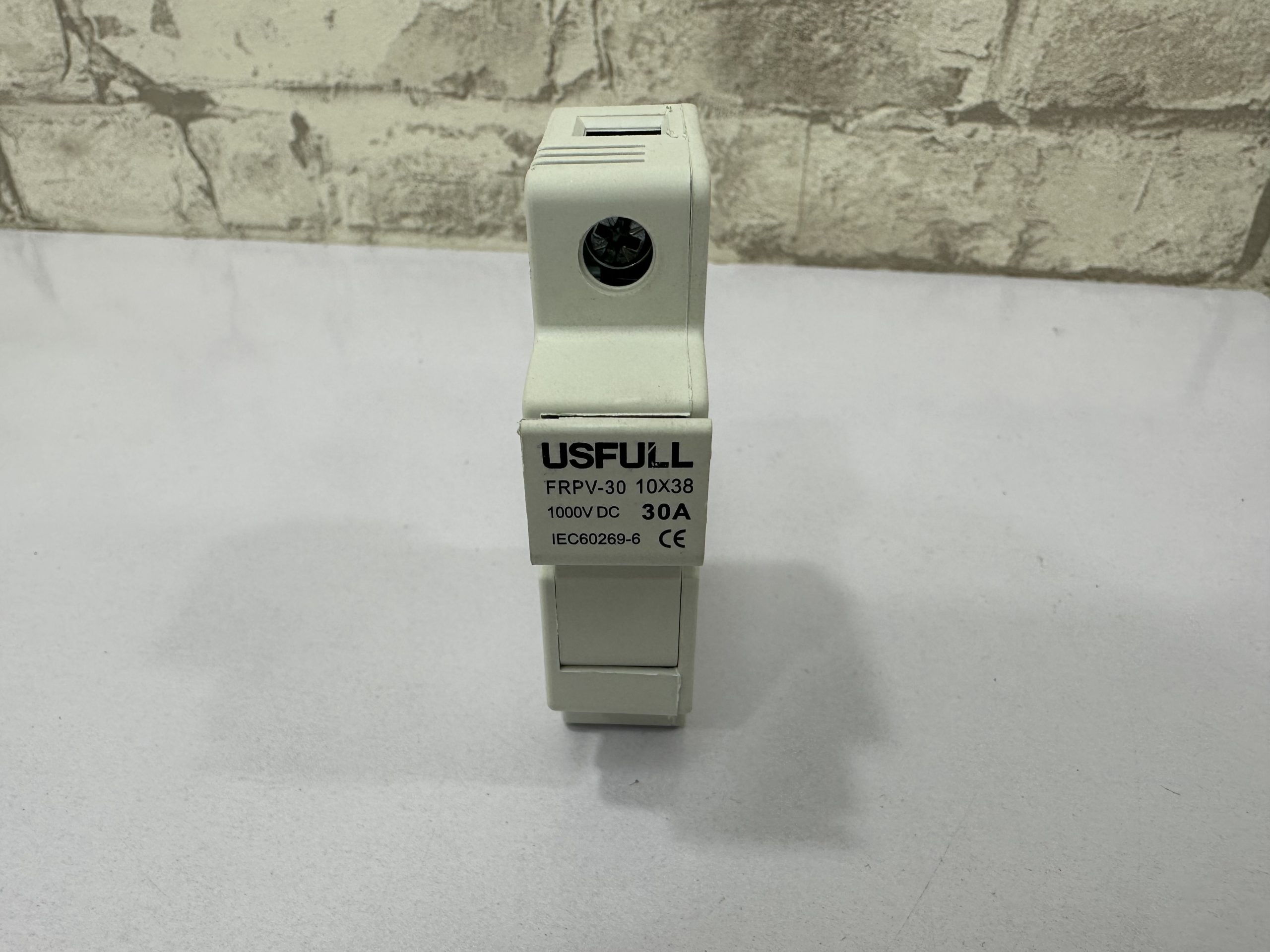More About Fuses:
Fuses are an essential electrical safety device that protects electrical equipment and appliances from damage cause by overloading or short circuits. A fuse is a thin wire or filament that is use to melt and break the circuit when too much current flows through it. This keeps the equipment from getting any worse and prevents potential dangers like fires from happening. Depending on their intend use, it can be cylindrical or blade-shaped, which is the most common shape. They are rate according to their voltage, interrupting capacity, and current-carrying capacity. Their capacity to handle fault current.
Fuses must be carefully select to ensure that they are suitable for their intend use. Using the right kind of fuse and replacing them with ones with the same rating is critical. Failure to do so can have serious repercussions, such as equipment damage, electrical fires and even bodily harm or death. Overall, they are an essential part of electrical systems. When use correctly, they can guarantee that electrical appliances and equipment will work safely and reliably.
Features of Fuses:
- Current rating: Wires are evaluate by their current-conveying limit. Which is the most extreme current that the breaker can deal with before it blows. This rating is essential to ensuring that the fuse can prevent overloading of the electrical system.
- Voltage rating: The voltage range that fuses are able to withstand is also a factor in their rating. This rating is crucial because fuses that aren’t rate for the voltage level of the circuit might not break it when it’s need. Which could lead to dangers.
- Interrupting capacity: In the event of a fault, such as an overload or short circuit, fuses are intend to interrupt the circuit. A fuse’s ability to safely handle the high currents generate. During the fault without causing additional damage is refer to as its interrupting capacity.
- Type: Different kinds of fuses, such as time-delay, slow-blow, or fast-acting fuses, are use to respond differently to different kinds of faults. It is essential to select the appropriate type of fuse for a given application to ensure adequate protection.
- Shape and size: Fuses come in a variety of sizes and shapes, and they must be compatible with the electrical system’s fuse holder or socket.


